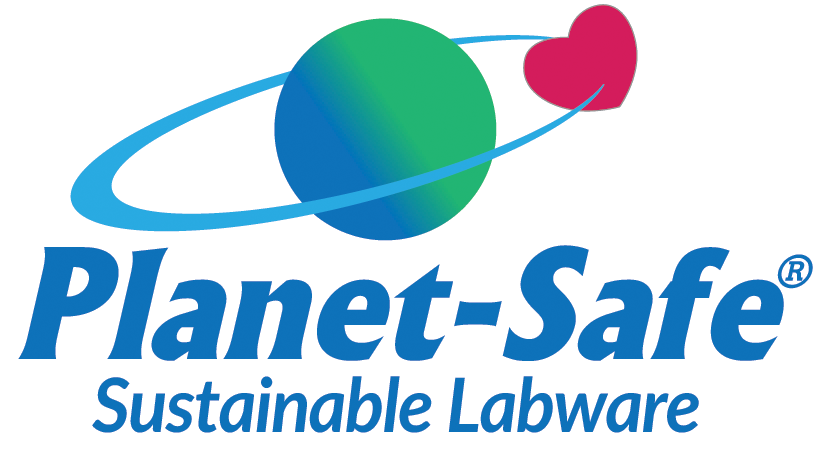Start With Sugarcane
Polylactic acid (PLA) is a starch derived from a variety of renewable resources. The most common is sugarcane, though sugar beets and corn are also good sources. The crops utlized to make Planet-Safe® products are grown on land that does not compete with the cultivation of food crops in a regions where water scarcity is not an issue. To ensure that the most sustainable practices are in place during cultivation, plantations are certified through Bonsucro, the leading global sustainability platform for sugarcane.
Harvest Sustainably
Plantations take advantage of the local climate allowing fields to be rain-fed naturally rather than incorporating irrigation systems that require both a source and energy to operate. Using the most current sustainable practices, and under the verification of Bonsucro, fields of sugarcane are harvested and delivered to a sugar mill for processing. In the mill, cane juice is extracted and the remaining materials are burned to produce electricity. Typically this practice produces excess energy that is directed back into the local energy grid.
Plants Become Pellets
At an adjacent facility, the cane juice (sugar) is fermented to produce lactic acid. A controlled condensation reaction is used to separate lactide and water. Water is then removed for reuse at the facility and an initiator is added to facilitate polymerization. The resulting biopolymer can be utilized like most other plastics, including conversion to pellets for injection molding.
Do Your Research
Special formulations and unique manufacturing methods are utilized to create a variety of laboratory consumables. This includes items that need to have qualities such as rigidity, flexibility, temperature resistance and optical clarity. Planet-Safe® labware seamlessly replaces everyday consumables in your lab with eco-conscious alternatives derived from renewable resources.
